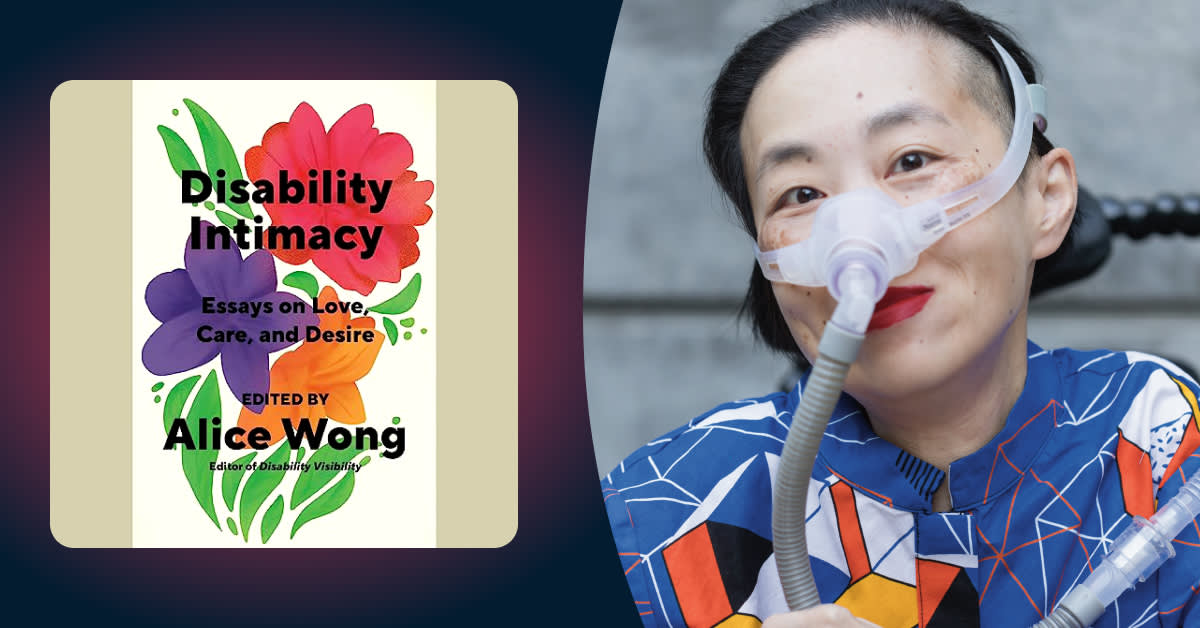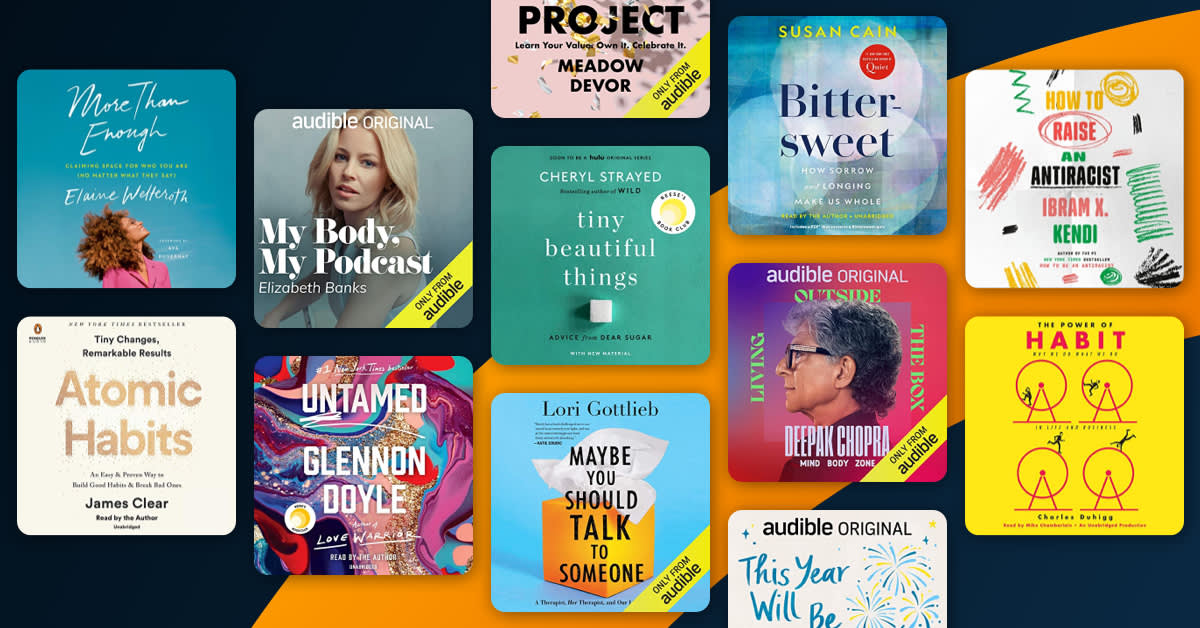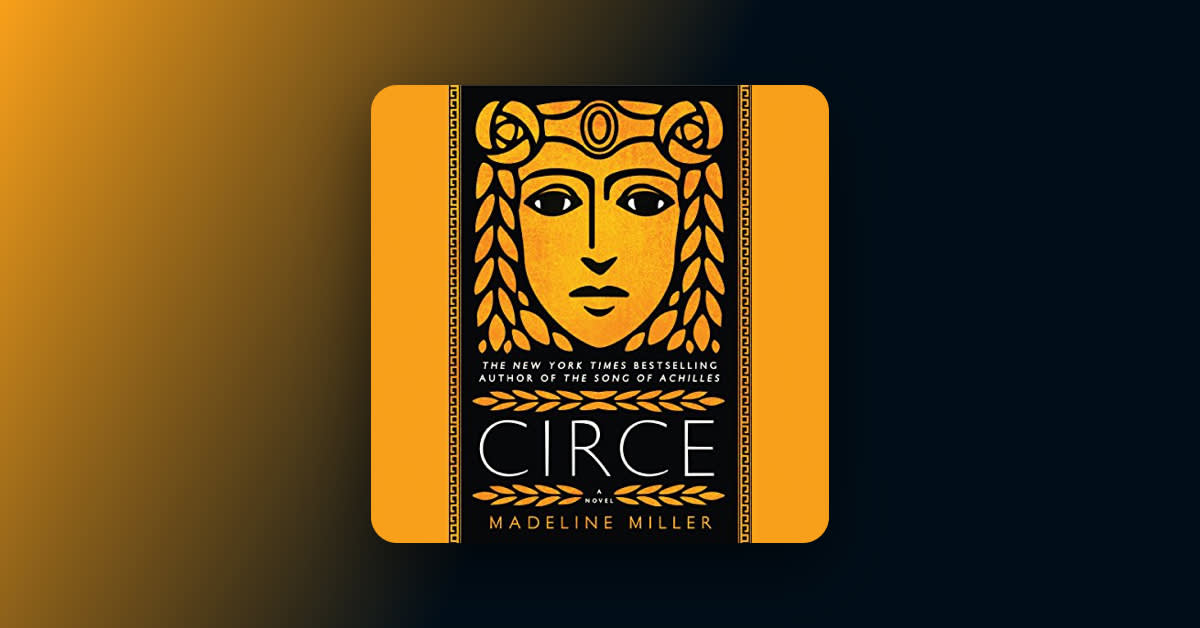It’s a Friday afternoon, which means I’m sitting around a precarious yet undeniably cute coffee table in Brooklyn Heights with my writers group. Our cups now empty, we're wrapping up a discussion about the assorted projects we’ve been working on, including a PhD dissertation, a memoir, a nonfiction essay, a short story collection, and a novel. We’re an eclectic group—a mix of ages, professions, and gender expressions brought together by the one thing we talk about: our shared love of writing.
So I’m surprised, as we linger after our drinks—none of us eager to leave the warmth of the cafe and reenter the frigid Brooklyn winter—when our conversation veers off its normal course and into the sphere of work. Among us, I learn, are two therapists. One starts discussing a form of therapy she has recently been finding to be exceedingly helpful and the other, recognizing the method, enthusiastically joins in. They refer to the practice as bibliotherapy and call it a “game changer” for people who had previously seemed doomed by cyclical behavior. As a bibliophile with a deep appreciation for therapy, I am immediately intrigued and ask the obvious question: “What is bibliotherapy—and how can I start?”
Bibliotherapy, I learn, is a practice in which therapists recommend books for their clients as part of more traditional therapeutic treatment. These books can be of any genre, though often they are works of fiction or narrative memoir, and can touch on a range of issues, from grief and trauma to anxiety and substance abuse or relational issues.
Though bibliotherapy is at least a century old—the word first coined in The Atlantic in 1916, though the history of using literature for healing goes back much further—the practice has recently grown in popularity and after learning more about it, I can see why. As any bookworm intuitively knows, the act of reading or listening to books can open doorways to imagined worlds, create new neural pathways, and show us situations we are deeply embroiled with from a new perspective, effectively guiding us through difficult but inevitable parts of life. Openly talking about these books—and the issues they raise—in the safe space of a therapy session can help clients make sense of difficult and even traumatic situations from the distance that fiction or memoir provides. This can be deeply therapeutic, particularly when done in combination with other forms of treatment, like psychoanalysis. Bibliotherapy has also been shown to increase engagement in the therapeutic process, which is critical for its success. In short, bibliotherapy is the beautiful, age-old process of healing through the lens of story.
In the evolving world of bibliotherapy, there’s much discussion around which aspect of the practice is most beneficial to clients: Is it engaging with the text itself or the discussion with the therapist that holds the key to healing? Most likely, the answer is some combination of both. And while specific bibliotherapy selections vary based on individual diagnoses and needs, there are some books that are commonly recommended, and I set out to find out what they were. After some solid research and a few conversations, I’ve compiled a short list of the best audiobooks that are often recommended in bibliotherapy. Happy listening!
When I heard that Anne Lamott had penned a new book, I was all ears. Since first being introduced to the prolific author by an old mentor who insisted I don’t write one more word before reading what is now my writing bible, Bird by Bird, I have cherished every piece of Lamott wisdom I’ve been lucky enough to lay my eyes (and ears) on. Always honest, forever hopeful, and never holier-than-thou, her words serve as a beacon of inspiration and a dose of good-feeling emotion when I need it most. This beautifully crafted meditation on the transformative power of love is no exception. By sharing her experience and baring her soul, Lamott manages to comfort while reminding us of what is at the very core of our collective humanity.
This novel, written by English author George Eliot, is recommended by Dr. Kelda Green in her book Rethinking Therapeutic Reading because of its deeply philosophical undertones. Dr. Green has called Eliot a “proto-psychologist” due to the way the author treats her characters—writing human beings fully, without reducing or simplifying their complex nature to fit a narrative. As such, The Mill on the Floss can help clients sit with the complexity of their given situation.
In this anthology, author and activist Alice Wong lifts the veil on the intimate lives of disabled persons, forcing listeners to question what they think of when they hear the word “intimacy” to begin with. What preconceived notions do we have? Why are we programmed to look at life and love through an ableist lens (even when we don’t want to)? This conversation left me wanting to understand more deeply—and to rediscover the meaning of true intimacy.
This bestselling book, which unpacks the lifelong effects of trauma on the body, might seem like an obvious choice for bibliotherapy. Dr. Bessel van der Kolk, a pioneering researcher in trauma, uses recent scientific advances to explain how traumatic experiences literally reshape the body as well as the brain. He explores innovative treatments that offer new paths to recovery, with the hopes that these suggestions will help people take back control of their lives. Veteran audiobook narrator Sean Pratt, who has voiced more than 1,000 audiobooks, clearly explains Dr. van der Kolk's advice for starting the healing.
Imbued with the golden warmth of Perdita Weeks's voice, Madeline Miller's rich, remarkably human depiction of Circe rivals the deepest of literature’s great characters. A complex and nuanced retelling of ancient myths, Circe is the story of the titular goddess, daughter of the sun god Helios and the sea nymph Perse. Miller's reimagining is a breathtaking character study that follows Circe from her childhood among the gods through her exile to Aiaia, where she slowly grows into herself, creating a true portrait of what it means to be a human woman.
This work of nonfiction written by the brilliant psychologist and Holocaust survivor Viktor E. Frankl is unlike any other book on this list. Frankl’s firsthand experience of living through unthinkable cruelty and still managing to retain his dignity and find meaning in the world is undeniably moving and has proven to be helpful for people struggling with an array of diagnoses, including anxiety and depression.
J.R.R. Tolkien's renowned title opens on protagonist Bilbo Baggins, a reluctant homebody of a hero who is yanked from the comforts of his cozy Hobbit-hole when wise, genial wizard Gandalf recruits him for a most unexpected journey. Accompanying a party of 13 dwarves on a quest to reclaim their homeland, Bilbo proves time and again to be far pluckier than he believes himself to be as he faces down creatures ranging from trolls to the formidable dragon Smaug. For those struggling with feelings of insecurity, The Hobbit can be empowering.
Easily one of the most important and life-changing listens of my life, this book has been revered by the likes of Gloria Steinem and Maya Angelou, among countless others. Author and psychologist Clarissa Pinkola Estés, PhD, uses storytelling in her clinical process as a primary tool towards inner healing. Dr. Estés compiles myths from all over the globe and expertly unravels each one to unearth its deep meaning, teaching listeners what they can take from each story and how they can embody its lessons in their own life.
Struggling with self-worth? Glennon Doyle has a message for you in Untamed—start listening to yourself instead of other people. There's a voice inside every woman who craves more authenticity, Doyle believes, but most of us have gotten really good at silencing it in response to a society that pressures us to do so. In this powerful memoir, Doyle shares how she learned to tune into her "inner knowing" and offers advice on how every woman can tune into her own voice instead of the voices of others in order to trust herself fully.
Lady Chatterley’s Lover by D.H. Lawrence is mentioned in Literature and Transformation: A Narrative Study of Life-Changing Reading Experiences by Thor Magnus Tangerås. The author first read the book after meeting a woman who was moved to end her unhappy relationship because of the romantic novel, and found it to be a compelling read with the power to alter lives. Though this novel scandalized England—and led to a wild obscenity trial—it also brought erotic fiction out of the shadows and into the cultural discourse.
With the help of carefully selected poets and sages from across the centuries, bestselling author Susan Cain—a.k.a. the person who ironically cast introverts into the spotlight—shares her very best advice, giving listeners practical exercises and meditations along the way. This is the perfect listen for wallflowers who want to make the most out of their lives and enjoy peace.
In this widely praised bestseller, psychotherapist and national advice columnist Lori Gottlieb brings listeners into the therapy room as she counsels four patients, each facing their own inner (and external) battles. The plot thickens when Gottlieb herself winds up in therapy after her longtime boyfriend abruptly ends their relationship. Her intimate path to finding acceptance and peace in the wake of a devastating breakup unfolds in tandem with the journeys of her patients. Voiced with genuine warmth by narrator Brittany Pressley, Maybe You Should Talk to Someone is a powerful reminder of the universality of sadness, loneliness, and, ultimately, strength.
A classic in the young adult genre, The Perks of Being a Wallflower is commonly recommended to help people of all ages heal, and it's no surprise. In some ways, Charlie's teenage experiences are typical—he goes through the same social awkwardness and first romances that many young people do. But Charlie must also contend with great trauma and tragedies, including sexual abuse and the deaths of two people close to him.
Crying in H Mart by Michelle Zauner, author, artist, and musician of indie rock project Japanese Breakfast fame, is a gutting reflection on love, culture, identity, and loss. Whether Zauner is people-watching in the titular grocer’s food court or learning of her mother’s cancer diagnosis, her candid prose and delicate delivery provide an honest, unrelenting look at the realities of grief.


















